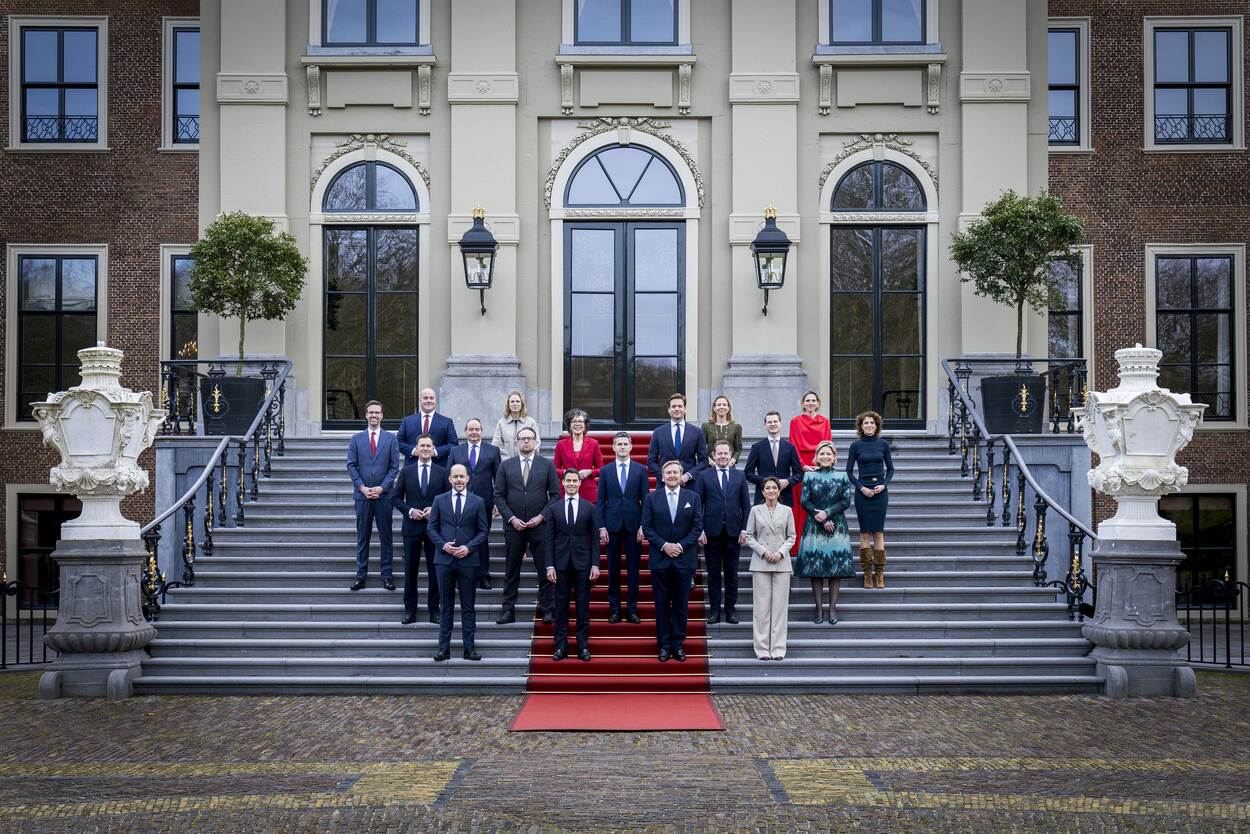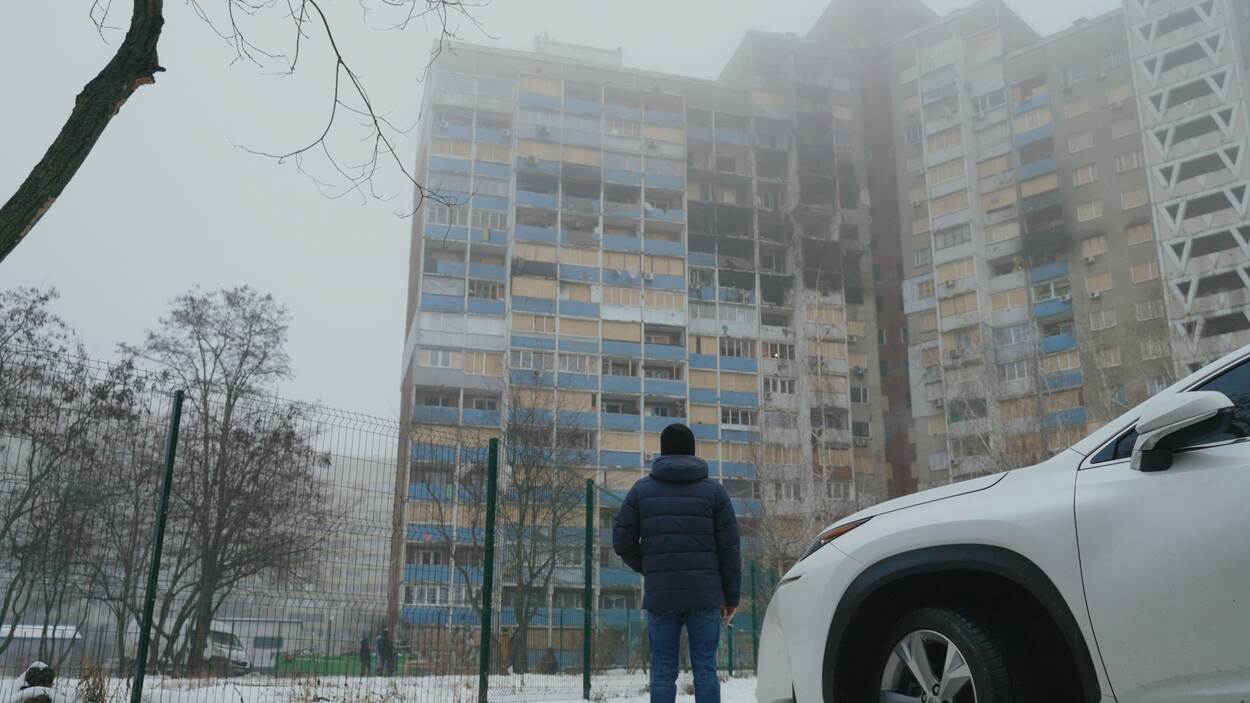Government apologises for the Netherlands’ role in the history of slavery
In a speech this afternoon, Prime Minister Mark Rutte apologised for the past actions of the Dutch State: to enslaved people in the past, everywhere in the world, who suffered as a consequence of those actions, as well as to their daughters and sons, and to all their descendants, up to the present day. The prime minister gave the apology at the National Archives in The Hague, in the presence of representatives of organisations that have pressed for acknowledgement of the effects of slavery. In Suriname and on Aruba, Curaçao, St Maarten, Bonaire, St Eustatius and Saba, members of the government will meet with organisations and authorities to discuss what this apology means in each of those places.
We are doing this – and doing it now – so that, standing on the cusp of an important commemorative year, we can find a way forward together. We not only share a past; we share a future too. So with this apology we are writing not a full stop, but a comma.
The prime minister’s apology and the dialogues elsewhere are an important part of the government’s response to the report entitled ‘Chains of the Past’, which was presented by the Slavery History Dialogue Group in July 2021. The report advised the government to proceed with acknowledgement, apology and recovery, in relation to slavery in the Kingdom. The government response to the report was sent to the Dutch House of Representatives this afternoon.
After his speech, the prime minister, together with deputy prime ministers Sigrid Kaag, Wopke Hoekstra and Carola Schouten and ministers Hanke Bruins Slot and Robbert Dijkgraaf, held a private meeting with the various representatives.
Government response
The government will make €200 million available in a fund for measures aimed at raising awareness, fostering engagement and addressing the present-day effects of slavery. The programming of activities and allocation of funds will take place in consultation with descendants and other relevant parties.
In addition the government has proposed establishing an independent commemoration committee. The committee will be tasked with ensuring a large-scale, dignified commemoration of the history of slavery on 1 July 2023, together with the Caribbean parts of the Kingdom, Suriname and other countries. The government wants to use the upcoming commemorative year as an opportunity to assess, together with parties from across society and the commemoration committee, how this annual commemoration can be arranged on a larger scale and in a more fitting and cohesive way going forward.
The upcoming year of commemoration, which starts next year on 1 July, will include several major Kingdom-wide events. The King personally feels very engaged with this subject and will be present at the commemoration in Amsterdam on 1 July. The commemorative year will provide a great deal of scope for social, cultural and educational initiatives throughout society.
Further steps
The government sees today’s apology as a first step. In its response to the report by the Slavery History Dialogue Group, it announced that it will give the Netherlands’ role in the history of slavery a substantial place in education, as this is where young people come into contact with history.
The government will also work to enhance knowledge and awareness, by preserving and developing museums and archives and protecting cultural heritage, both in the European Netherlands, the Caribbean parts of the Kingdom, and the other countries involved. Consultations will be held with Aruba, Curaçao, St Maarten, Bonaire, St Eustatius and Saba about their specific wishes in these areas. In addition, the government will contribute to the development of a national slavery museum, with an affiliated knowledge centre. The multiannual research that was recently announced will provide input for these new institutions. The government will also make it easier for people to change their surname if that name is related to slavery.
The government will announce the official rehabilitation of the Curaçao resistance hero Tula, who was brutally murdered. The above-mentioned fund will also provide scope for honouring other resistance fighters in an appropriate manner.
Originally published at https://www.government.nl/latest/news/2022/12/19/government-apologises-for-the-netherlands-role-in-the-history-of-slavery





